Here, three leading infectious disease experts explain this new Covid-19 variant.
What is the NB.1.8.1 variant?
According to Dr. William Schaffner, an infectious disease specialist and professor at Vanderbilt University School of Medicine (USA), the NB.1.8.1 variant is a member of the Omicron family. Late last week, the World Health Organization (WHO) designated NB.1.8.1 as a "variant under surveillance," meaning it "may warrant priority attention."
However, "it's still too early to know about this variant," said Dr. Thomas Russo, head of the infectious diseases department at the University of Buffalo in New York (USA), according to Prevention.
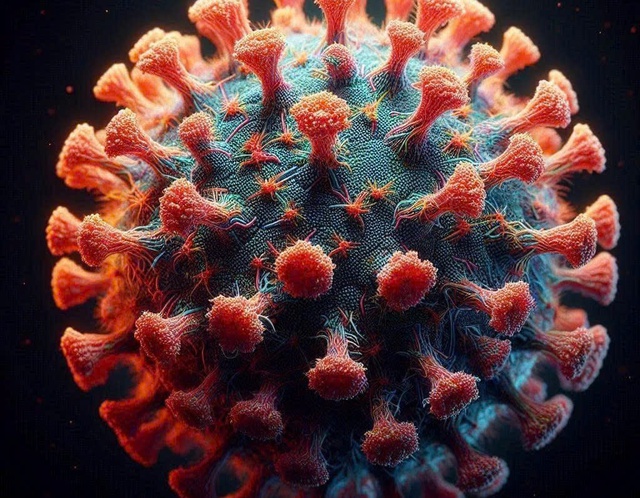
The Covid-19 variant NB.1.8.1 is causing cases in many countries
Photo: AI
NB.1.8.1 has been detected in 22 countries. To date, this variant has been detected in the Western Pacific region, the Americas, Southeast Asia and Europe.
Dr. Russo noted that variants could mutate by evading immunity or becoming more transmissible than previous strains.
Early data suggests that NB.1.8.1 may be more able to evade immunity, Dr. Russo said.
Symptoms of NB.1.8.1 infection
While WHO pointed out that NB.1.8.1 is "evolving rapidly compared to co-circulating variants," the agency also noted that there is no evidence that NB.1.8.1 will pose more health risks than other variants.
Infectious disease expert Dr. Amesh Adalja, senior scientist at the Center for Health Security at Johns Hopkins University (USA), said: Symptoms of NB.1.8.1 infection are similar to previous strains of Covid-19.
According to the US Centers for Disease Control and Prevention (CDC), symptoms of NB.1.8.1 infection include: Fever or chills, cough, shortness of breath or difficulty breathing, sore throat, stuffy or runny nose, loss of taste or smell, fatigue, muscle aches or body aches, headache, nausea or vomiting.
How to prevent the NB.1.8.1 variant
Dr. Adalja emphasized that there is no reason to panic about the NB.1.8.1 variant. He recommends that high-risk people, such as those over 65 and those with underlying health conditions, get vaccinated. For those at lower risk, this is a circulating virus that will always generate new variants, and everyone's risk will be different.
Dr. Schaffner recommends wearing a mask when in large gatherings, according to Prevention.
Source: https://thanhnien.vn/bien-the-covid-19-moi-lay-lan-nhanh-tren-toan-cau-co-dang-lo-ngai-185250531102719392.htm




![[Photo] Cat Ba - Green island paradise](/_next/image?url=https%3A%2F%2Fvphoto.vietnam.vn%2Fthumb%2F1200x675%2Fvietnam%2Fresource%2FIMAGE%2F2025%2F12%2F04%2F1764821844074_ndo_br_1-dcbthienduongxanh638-jpg.webp&w=3840&q=75)



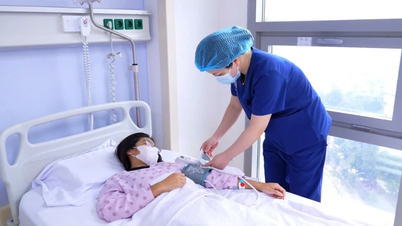

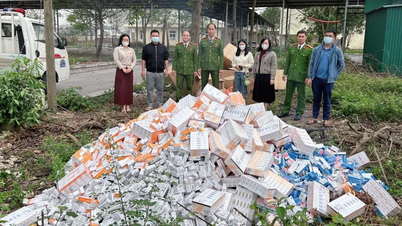















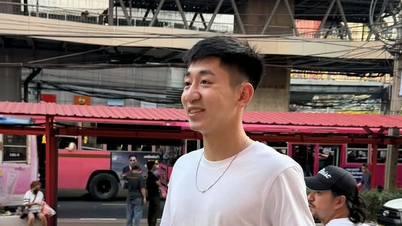

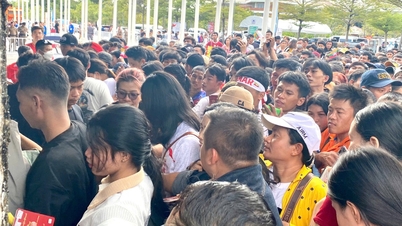
















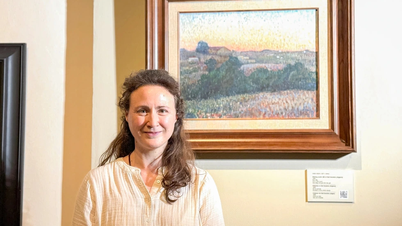





























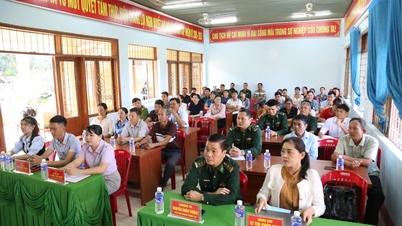







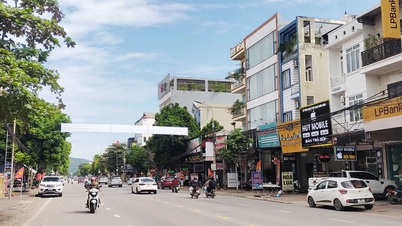

















Comment (0)